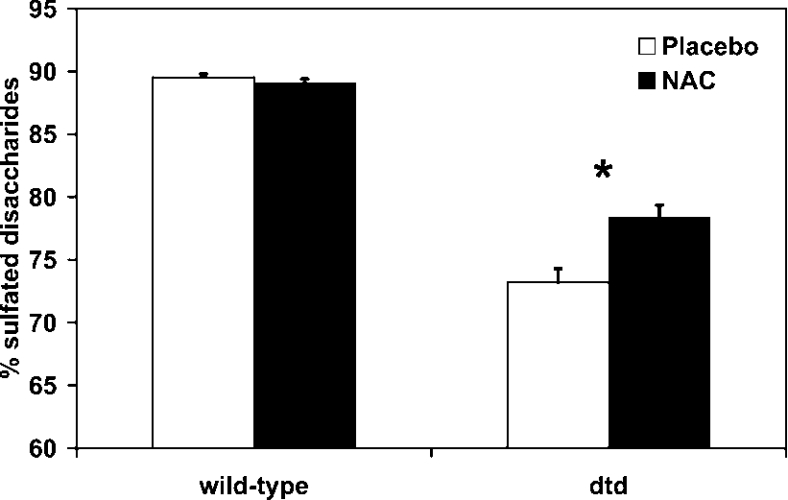Figure 1. Contribution of NAC to cartilage proteoglycan sulfation.
Newborn dtd and wild-type mice received daily hypodermic NAC for 7 days and then cartilage proteoglycan sulfation was measured by HPLC disaccharide analysis on the basis of the relative amount of sulfated disaccharides versus total disaccharides. As expected, in wild-type mice treated either with NAC or placebo, proteoglycan sulfation was not affected, whereas in dtd mice, NAC contributed, through its catabolism, to proteoglycan sulfation. The increase was weak, but the difference between the values in the dtd group treated with the placebo compared with the one treated with NAC was statistically significant (*P<0.05; n=7).

